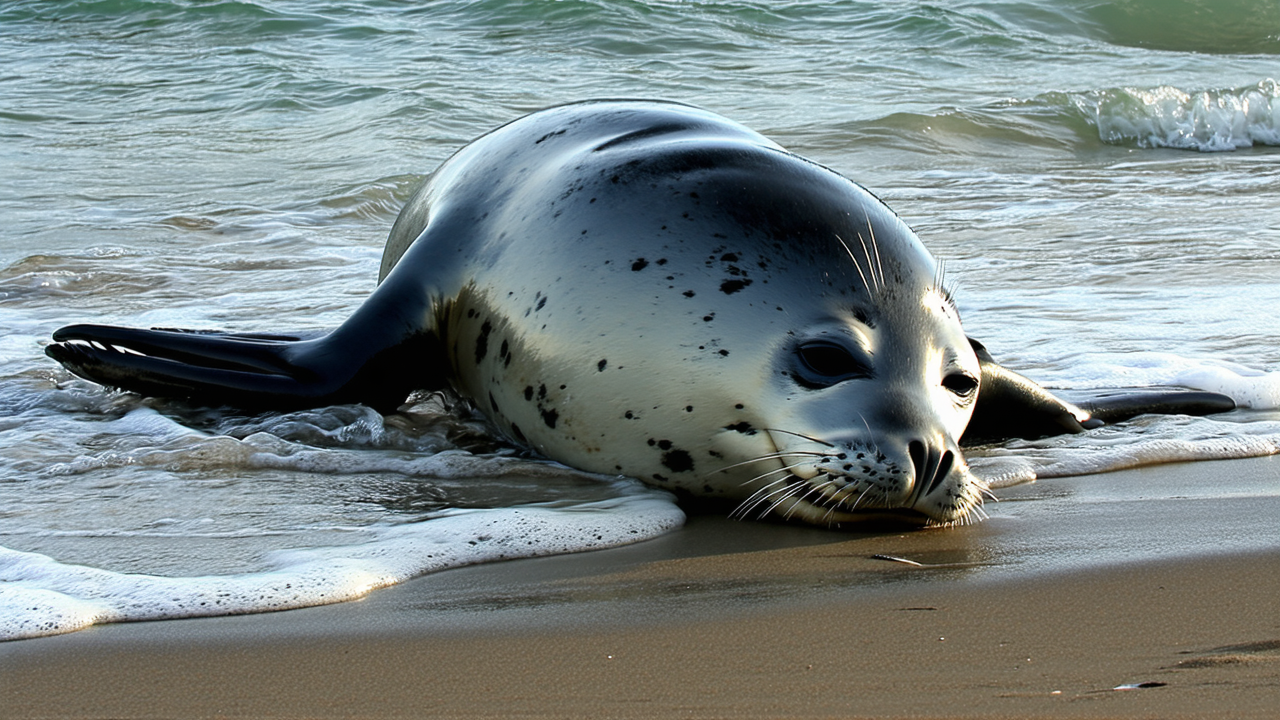Decapitated Seals Spark Conservation Investigation at Muriwai Beach
Decapitated Seals Spark Conservation Investigation at Muriwai Beach
West Auckland, July 17, 2025 — A disturbing discovery at Muriwai Beach has led to a Department of Conservation (DoC) investigation following the unearthing of two decapitated New Zealand fur seals. The incident has raised concerns about wildlife protection and human interference with protected species.
Members of the public found the seals with their heads removed at Muriwai Beach in early June. According to DoC officials, the decapitations were not caused by predation but were the result of deliberate human actions. This act violates the Marine Mammals Protection Act 1978, which makes it illegal to harm, injure, or kill a seal.
Eva Obushenkova, a member of DoC’s national compliance team, confirmed that the department received a call about a dead seal with its head still intact. However, the seal was not buried because it was not deemed necessary. Days later, another seal was found with its head missing, and the two were confirmed to be the same individual.
Obushenkova stated that the seals’ heads were removed using a sharp blade, an act that is not only illegal but also a violation of wildlife protection laws. The DoC has since buried the seals and is conducting a full investigation into the incident.
“It’s not acceptable for people to tamper with protected wildlife,” Obushenkova said. “We are asking for anyone who might have information about this incident to contact DoC.”
Anyone with information is encouraged to call the 0800 DOC HOT hotline and quote case number 9390. Information provided will remain confidential.
DoC also noted that New Zealand fur seals often spend time on land, resting and exploring, and that during the summer months, adolescent seals are more likely to be seen inland. While it is not uncommon for them to appear in unusual locations, such as roadsides or paddocks, it is important for the public to report any suspicious or unusual sightings.
“If you encounter a dead seal, it is best to leave the animal where it is and report it to the conservation hotline if it is tagged, an unusual species, or appears to have died suspiciously,” Obushenkova said.
In a separate incident, a boat skipper was seen steering his vessel through a pod of bottlenose dolphins near Waiake Bay on May 21. The vessel, named Plaisir, was observed getting very close to the dolphins before the skipper changed course and took photographs. This act is a violation of the Marine Mammals Protection Regulations, which prohibit vessels from traveling through dolphin pods.
Obushenkova urged the skipper or owner of Plaisir to come forward. Anyone with information about the incident is encouraged to contact the DoC hotline and quote case number 9189.
The discovery of decapitated seals has sparked a renewed focus on the protection of marine mammals in New Zealand and the need for public awareness regarding the consequences of interfering with protected wildlife.
